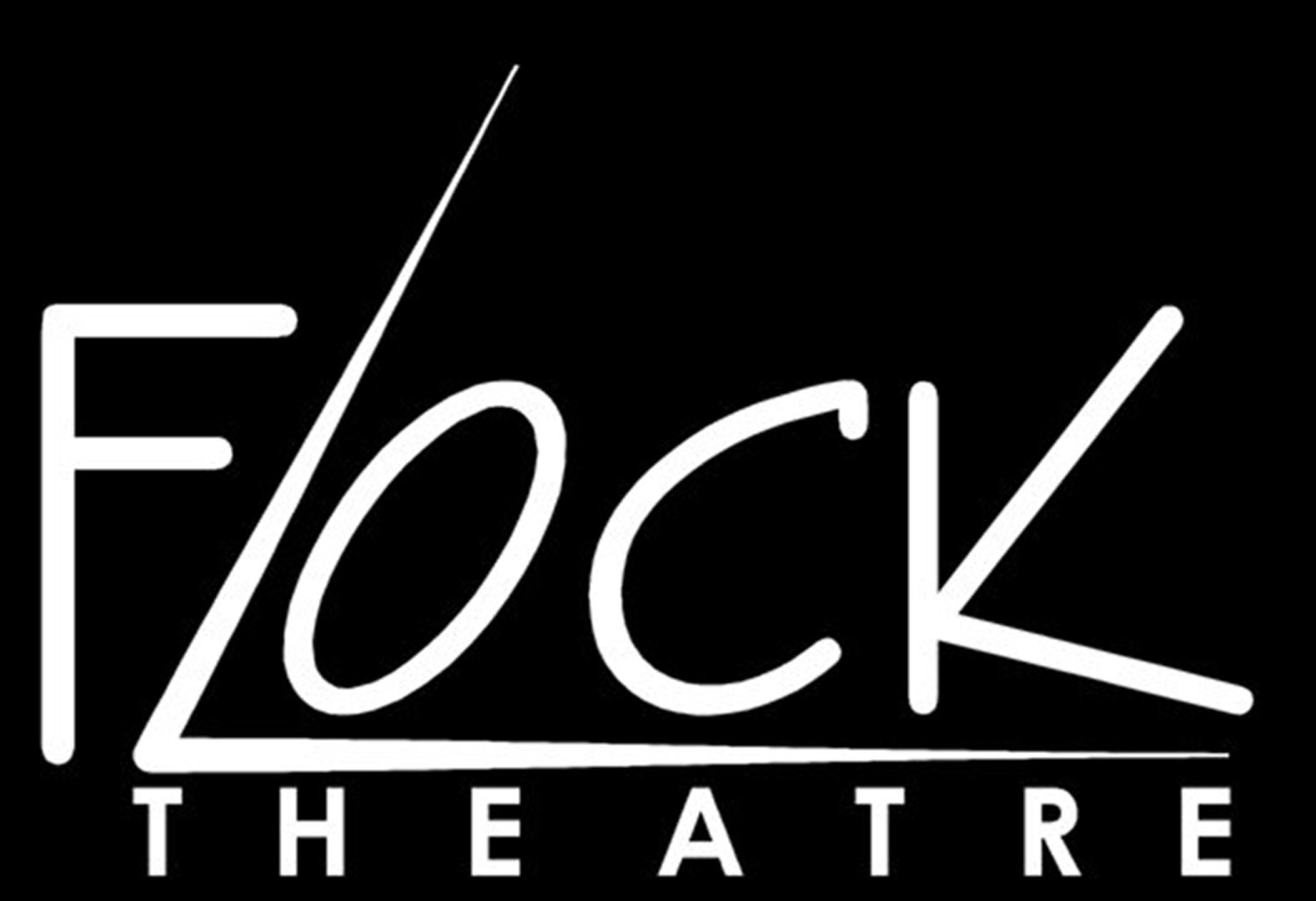A Brief History of Flock Theatre
A colorful flock of fledgling actors entertained crowds in Boston’s Harvard Square in the late 1980’s with whimsical and compelling street theatre. The young actors were seeking ways to perfect their craft and earn their place in the world of theatre.
Only a few years later Boston’s Flock Puppet Theatre Company carried their street theater vignettes to Lincoln Center Out of Doors as part of the Center’s tribute to the arts and artists of the city of Boston. First Night Boston performances won a wider audience for the young group - leading to their original production Home Street Home at the Boston Center for the Arts’ Cyclorama Theatre. With this production their concentration on avant-garde puppetry was formed as they realized the unique ability of puppet theatre to document experience and communicate to an audience.
An invitation to bring Disgruntled Jerry’s Very Big Day to the Eugene O’Neill Center’s Tribute to Margo Rose in 1992 marked a major transition for the young company. This time their theme carried an anti-drug message for children — but with “a strong frenetic energy, “a sense of loudness, craziness, cymbals and crashes”, according to Flock’s Artistic Director, Derron Wood. Its appeal to children was immediate, and led to extensive work with students in schools, libraries, and special programs including one at the Niantic Correctional State Prison for young people in Niantic, Connecticut. Derron Wood became a Master Teaching Artist in the State of Connecticut as part of the Connecticut Commission on the Arts program in 1998. Flock’s unique programs, developed in the following few years, include themes on homelessness, youth violence, the environment (a residency workshop with middle school students exploring their views on the environmental problems in Long Island Sound) drugs and anti-social behavior. The use of puppets allows students a sense of distance from the problems discussed as well as allowing real intimacy when their personal experiences are involved.
By 1994 Flock Theatre was settled in New London, Connecticut and opened the first of a continuing series of Shakespearean productions. Comedy of Errors was performed with masks, a few puppets and costumes created primarily from found objects and donated materials. The play, filled with such broad humor and outrageous mistaken identities, lead actors – and audience – along a garden path of pleasure. This pleasure has grown through the years as Flock and Shakespeare have flourished in the Arboretum, continuing to this day as the longest running uninterrupted outdoor Shakespeare festival in the region.
Today, Flock Theatre provides residency programs to schools through the Connecticut H.O.T. Schools Program. Depending on the residency subject, students work, in collaboration with Flock Theatre artists to study a wide range of subjects from history to science and even conflict resolution. Perhaps the most exciting work that Flock does in this field is studying the effect that narrating a shadow play has on low-level readers. Through these residencies it has been found that those students fluency scores can jump twice as high as those in non-narrator roles.
Most recently, Flock Theatre has become the resident theatre company at Mitchell College in New London, CT, an exciting partnership that seeks to benefit the company, college, and community by giving Flock a home on the Mitchell campus and its new Red Barn theater.
In the late 90’s Flock Theatre was invited to bring a group of performers to the National Puppetry Conference at the Eugene O’Neil Theatre Center in Waterford, CT; a relationship that lasted for many years. There, Flock Theatre artists have worked with some of the leading figures and in the world of puppetry, as well as provided support for emerging artists from across the globe.
Flock Theatre’s commitment to the arts is as strong today as it was on the streets of Boston almost three decades ago. We continue to grow, and strive to make the arts a living, breathing entity so that all in the region will be able to experience for themselves the vibrancy and vitality of live theatre.
